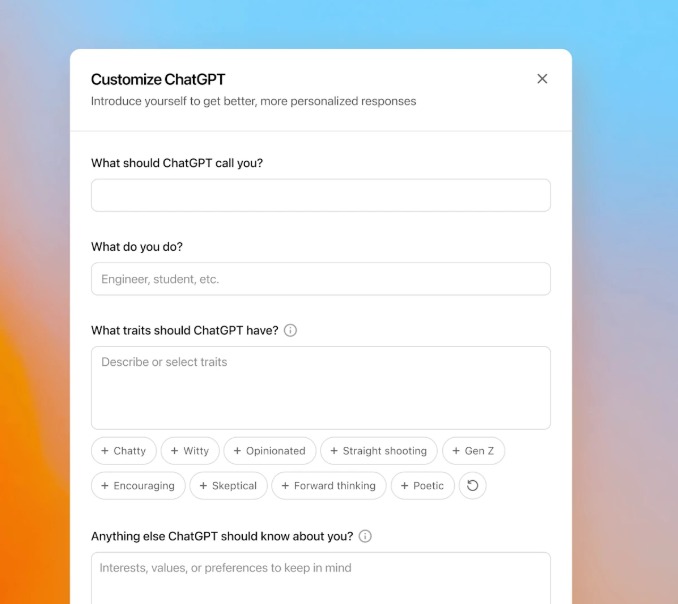Source: Tom Jackson/ Disrupt Africa
Nigerian startup Primed E-Health says it is having tangible impact in terms of healthcare outcomes from its automation of hospitals via a Software-as-a-Service (SaaS) solution.
Founded in May 2021 by Dr Are Abdulhafiz and Esther Anammah, Primed E-Health digitise small and large scale hospitals, clinics, and specialist practices in Africa using a simple, user-friendly, hospital-based enterprise management system called “Smartclinic” that increases efficiency in patient management and improves revenue generation by blocking fiscal leakages.
Stay well-informed and be the very first to receive all the most recent updates directly in your email! Tap here to join now for free!
The company also sells smartcards to patients with integrated wallets, allowing them access to healthcare services without queues. Primed also improves the overall patient experience by providing a mobile app to book appointments and make payments to hospitals or doctors in their network.
“The Smartclinic addresses persistent challenges in healthcare in relation to the authenticity of patient data, paper-based record keeping, cash-based transactions and payment difficulties,” said Abdulhafiz.
The platform was initially developed during a COVID-19 intervention hackathon spearheaded by the Nigerian Communications Commission (NCC) to address the impacts of epidemic and pandemic diseases in Nigeria and Africa. The NCC helped accelerate the development of the Smartclinic to seamlessly connect clinics, laboratories, pharmacies, and radiology centres to a unified platform accessible to residents irrespective of location.
Since then, it has seen substantial growth. With over 45 hospitals currently signed up to the platform, Primed E-Health has successfully trained and onboarded over 10,000 doctors, and directly impacted the lives of over two million patients.
“We have over 10,000 smart cards in sales monthly, and we are currently processing over 15,000 transactions month-on-month through our platform,” said Abdulhafiz.
He said Primed E-Health’s platform has already had a tangible impact on healthcare outcomes.
“We’ve successfully achieved full automation while reducing cash-based transactions. This has led to a significant increase in hospital revenue. We achieved this with prominent hospitals like the Abubakar Tafawa-Balewa University Teaching Hospital, with a 65 per cent increase in revenue within a seven-month period,” he said.
Meanwhile, over the last four years, more than 100,000 pregnant women have been assisted using the startup’s improved antenatal-labour management system, with less than four per cent maternal mortality compared to over 13.5 per cent prior to digitisation.
“More than 50,000 children under five years of age now access healthcare every year, hence resulting in less than 5.7 per cent child mortality compared to over 17 per cent mortality rate as previously recorded,” he said.
Primed E-health bootstrapped until its first investment, from The Baobab Network, in 2022, and recently secured US$18,000 in funding after being selected to take part in the latest ASIP accelerator programme run by Startupbootcamp AfriTech. It monetises using both B2B and B2C business models, charging healthcare providers a monthly subscription, and patients a fee for the smart card.
“Our revenue at year-end 2022 was US$214,000, and we are doubling this number by the end of 2023,” Abdulhafiz said.
The startup currently operates in seven regions of Nigeria, but plans to scale to Francophone and East African markets in 2024 and 2025. Abdulhafiz said it had faced challenges in gaining trust and market presence in the public sector, but had overcome them.
“We selected this aspect of the market to have access to larger numbers and onboard patients faster as trust was initially built through the hospitals. This strategy accelerated our scale and grew our monthly transactions,” he said.
Stay well-informed and be the very first to receive all the most recent updates directly in your email! Tap here to join now for free!
Source: Tom Jackson/ Disrupt Africa







